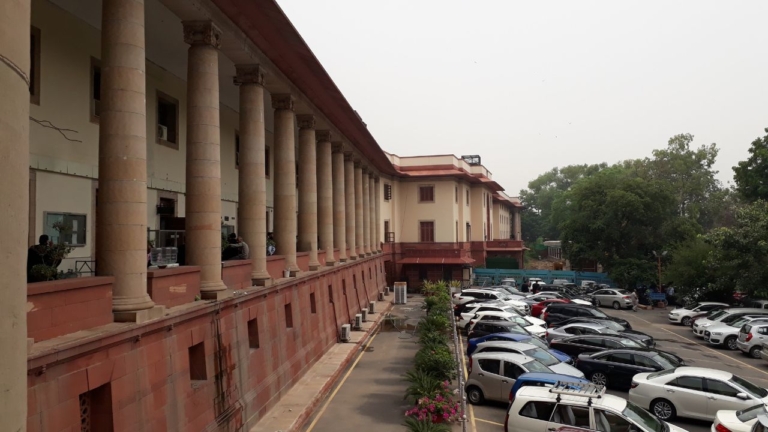What is the concept of the principle of judicial discipline and what is its relevance within the judicial mechanism?
The principle of judicial discipline pertains to the practice of taking cues, directions and passing of orders in consonance with the pre-existing judicial precedents which have already been passed in the form of judgments and orders by the Courts higher in authority. The said principle must be adopted as a matter of practice and accordingly, the subordinate Courts ought to follow the precedents in place to ensure that the effective implementation of the law laid down by way of the said precedent. The said principle forms the basis for a uniform structure to be in place, by way of which the decisions flowing from the Apex Court of the country or for that matter, the State, provide their respective subordinate Courts to seek the necessary direction and guidance in dealing with the concerned questions of law placed before them and accordingly deal with such similarly placed matters before it in the similar manner, so as to avoid inconsistencies in the passing of judicial pronouncements. Thus, the principle of judicial discipline must be practiced to ensure that decisions by the subordinate Courts do not diverge from the precedents that are already laid down. Needless to say, in the event that the judicial precedents are not followed, decisions arrived at by the lower courts are likely to be contaminated with bias and prejudice. Thus, a healthy form of judicial discipline in place, aids in providing a sustained mechanism to ensure consistency of judgments by all Courts within India.
Further, Articles 141 and 227 of the Constitution of India implicitly also highlight the principle of judicial discipline by way of binding all the subordinate Courts to the judicial precedents of the Supreme Court of India as well as the High Courts of the States. According to Article 141 of the Constitution of India, any law that is laid down by the Supreme Court in its decisions is binding on all lower courts within the territory of India. According to Article 227 of the Constitution of India, even the decisions arrived at by the High Courts are binding on all the subordinate Courts and tribunals that fall within their jurisdiction.
In a recent case of Unison Hotel v. Value Line Interiors (2023 SCC Online Del 6930), the Hon’ble High Court of Delhi held that even obiter dictum pronouncements of the Supreme Court, though not strictly binding, should be accepted as binding by subordinate courts.
How can a party aggrieved by an arbitral award have the said award set aside? What are the grounds for setting aside of an arbitral award by the Court?
In the event of a party being aggrieved by an arbitral award, the aggrieved party has a remedy available with it to file an application for having the impugned award set aside under Section 34 of the Arbitration and Conciliation Act, 1996. Section 34(2) of the said Act enumerates the grounds for setting aside the Arbitral Awards. Section 34(3) provides for the time period within which the said application must be filed, which is three months from the date on which the award was received by the party filing the application. The said time period can be extended up to thirty days by the Court in case, the applicant party is able to show sufficient cause for not having been able to file the said application within the statutory limitation period.
- The Court entertaining the said application can set aside the arbitral award only in case of the following grounds: -That the aggrieved party was under some incapacity.
- That the arbitration agreement was invalid or unlawful.
- That the composition of the arbitral tribunal or arbitral procedure was not in accordance with the arbitral agreement or the law in force at the relevant time,
- That the party that filed the application was unable to present its case in the arbitration proceedings.
- That the arbitral award deals with matters beyond the scope of the submission to the arbitration.
- That the subject matter of the dispute is not capable of being settled by arbitration.
- That the award is averse to public policy.
References:


